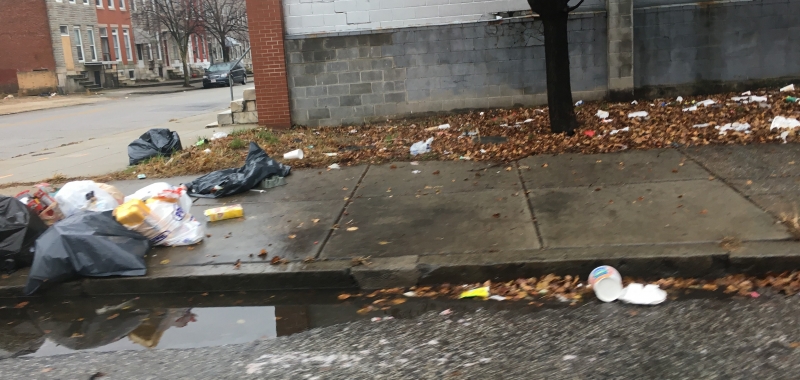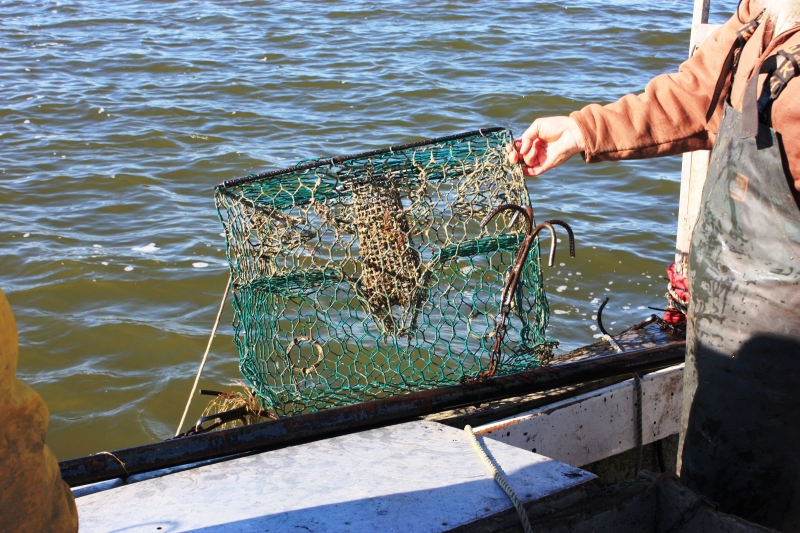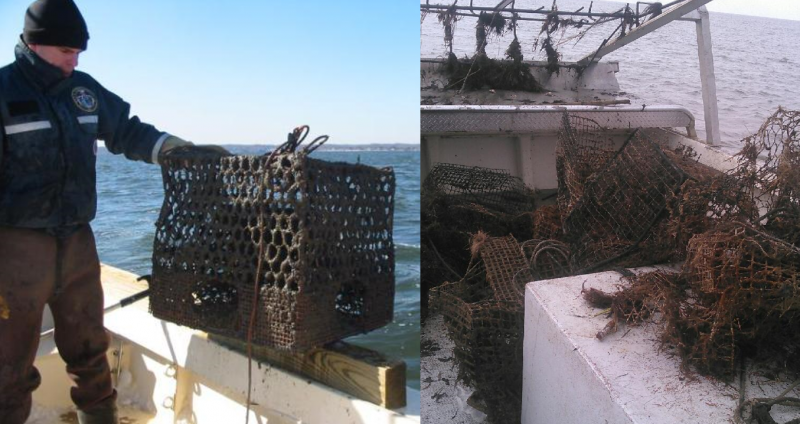
The NOAA Marine Debris Program’s Mid-Atlantic region, encompassing coastal states from New Jersey to Virginia, is no stranger to the impacts of marine debris. Like many coastal areas around the country, this region is often inundated with debris ranging from derelict fishing gear to consumer debris. Luckily, there are several awesome efforts currently underway to address marine debris in the Mid-Atlantic. Check out some newly-established projects funded by the MDP:
In order to address debris at the root of the problem, we must focus on preventing it at its source. Trash Free Maryland is working to prevent the creation of debris in Baltimore, Maryland through a multi-year social marketing campaign. They’re focusing on land-based litter and starting with a pilot campaign utilizing trusted community mentors before expanding their messaging to reach a broader Baltimore audience. The ultimate goal is to reduce the amount of litter in Baltimore by encouraging the feeling of responsibility regarding litter and instilling pride in the community to lead to cleaner neighborhoods and waterways. For more on this project, check out the project profile on our website.

Although prevention is the ultimate solution, removal of debris is unfortunately necessary. To address some of the debris that’s already out there, the Delaware Department of Natural Resources and Environmental Control Delaware Coastal Program is working with local crabbers to locate and remove over 1,000 derelict crab pots from the Delaware portion of the Delaware Bay. For more on this project, check out the project profile on our website.

Running in tandem with the Delaware Coastal Program’s project, the New Jersey Audubon is leading a similar project in the New Jersey waters of the Delaware Bay. Working with Northstar Marine and Stockton University, they are striving to locate and remove over 2,000 derelict crab pots from three critical areas of coastal New Jersey and the Delaware Bay. In addition, they’re training local commercial crabbers to use low-cost sonar devices to locate lost pots in order to limit the re-accumulation of pots after removal. For more information on this project, check out the project profile on our website.

There are lots of cool things happening in the Mid-Atlantic! Keep your eye on our blog this week for more, and check out our website for more interesting marine debris projects in the Mid-Atlantic and throughout the country!
